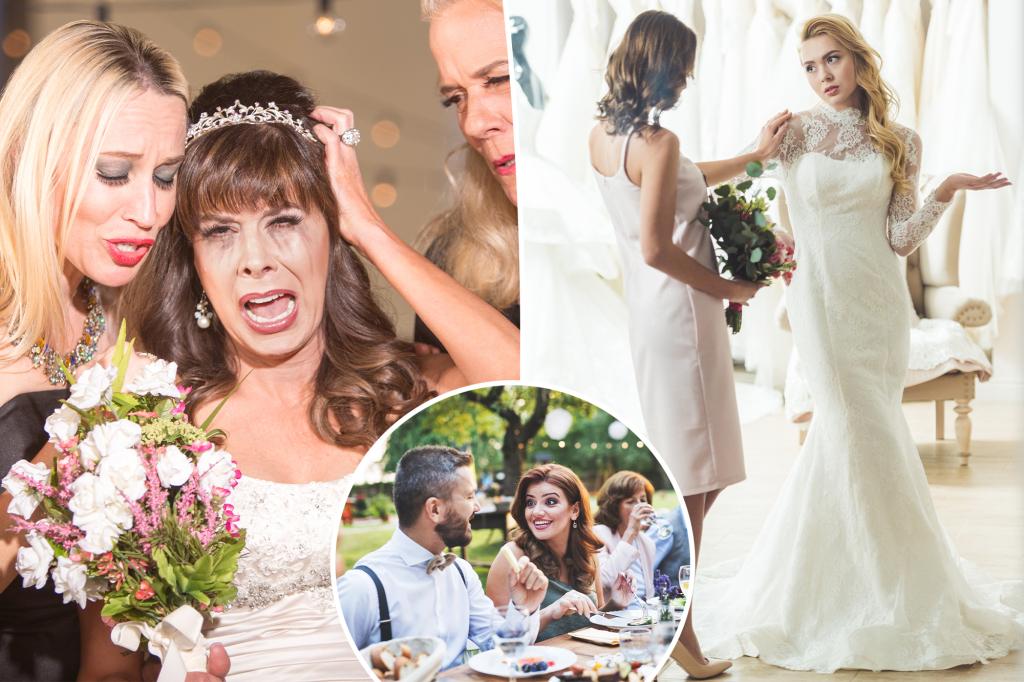The concept of giving gifts at weddings is shifting, particularly among Gen Z individuals who are less inclined to bring presents. A recent Reddit post highlighted the disappointment of a bride who received many guests at her wedding without any gifts or cards. This trend is not limited to Gen Z, as a significant percentage of millennials, Gen Xers, and baby boomers also feel comfortable attending weddings without bringing gifts. The departure from traditional wedding guest etiquette, which suggests that the value of the gift should at least equal the per-person cost of attending the wedding, is often attributed to budget constraints rather than rudeness. Survey results indicate that many guests feel limited by the lack of affordable options on wedding registries and may attend weddings solely to provide a gift, leading to a decline in gift-giving.
The trend towards skipping out on giving gifts is not the only manifestation of financial constraints at weddings for Gen Z individuals. Some are opting out of being bridesmaids or groomsmen due to the high costs associated with pre-matrimonial events. In a viral TikTok video, Afrakomah Darko shared her experience of spending $12,000 on being in multiple bridal parties in a single year. The reluctance to participate in costly wedding-related activities suggests a broader issue of financial strain among younger generations. This financial challenge may contribute to the decline in gift-giving at weddings and other celebratory events.
Many Reddit commenters sympathized with the bride who felt disappointed by the lack of gifts from her wedding guests. Some suggested that guests who cannot afford a traditional gift should consider declining wedding invitations, while others emphasized the importance of bringing some kind of hostess gift, such as a bottle of wine or a picture frame. The sentiment that a wedding gift should at least cover the cost of one’s plate at the event was echoed by several commenters, highlighting the expectation for guests to contribute in some way towards the celebration. Overall, there is a sense of disappointment and frustration among those who feel that guests are not living up to the traditional expectations of wedding etiquette.
The changing attitudes towards gift-giving at weddings reflect a broader shift in societal norms regarding financial obligations and social expectations. With an increasing focus on affordability and budgeting, many individuals, particularly younger generations, may feel pressured to prioritize their own financial stability over traditional customs such as giving gifts at weddings. As the cost of attending weddings continues to rise, guests are faced with the dilemma of balancing their desire to celebrate with the financial burden of participating in various wedding-related activities. This trend highlights the need for open communication and understanding between couples and their guests to ensure that all parties involved are comfortable and able to enjoy the wedding festivities without undue stress or financial strain.
In conclusion, the decline in gift-giving at weddings among Gen Z and other generations reflects a complex interplay of financial constraints and shifting social norms. While some individuals may feel disappointed by the lack of traditional gifts, it is important to recognize the economic challenges that many guests face. Ultimately, open communication and mutual understanding between couples and guests are essential to navigating these changing expectations and ensuring that weddings remain celebrations of love and joy for all involved.


